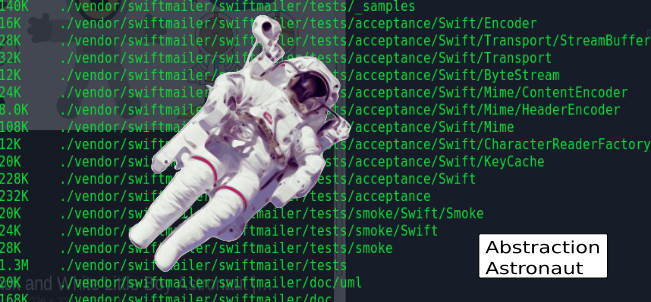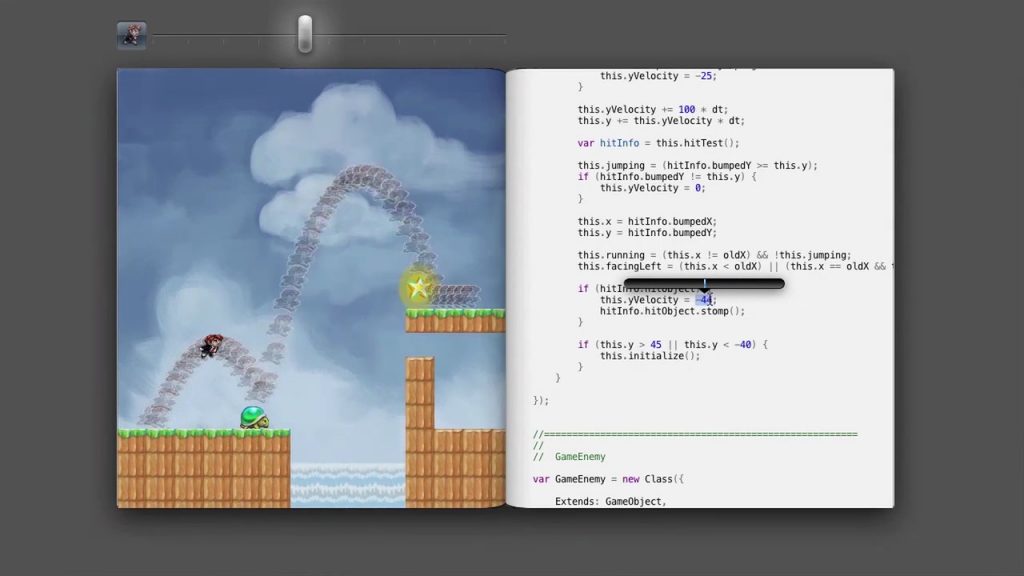Step 1: Find the best rated “Google Analytics” book on Amazon Search
 OK, I found a couple books: Web Analytics 2.0, and Web Analytics: An Hour A Day, both by Avinash Kaushik. Looking good, but really old in internet years. I remember making a point to study the first book a long time ago…
OK, I found a couple books: Web Analytics 2.0, and Web Analytics: An Hour A Day, both by Avinash Kaushik. Looking good, but really old in internet years. I remember making a point to study the first book a long time ago…
Step 2: Google him!
I found a few interesting things: 1) his website is called Occam’s Razor. It formed the basis for his books, so I should be able to get a lot of info from them.
Next I found: “5 Avinash Kaushik blogs every digital marketer should read” in google search. Why not?! I’m getting distracted.
In signing up for Avinash’s newsletter, he refers me to an article featuring an icon of the design industry: Dieter Rams: Ten Principles of “Good Design”, one can’t go wrong studying Dieter!
So, time to do the “hour a day” in reading up on this. (Only problem, I’m already overbooked!)



